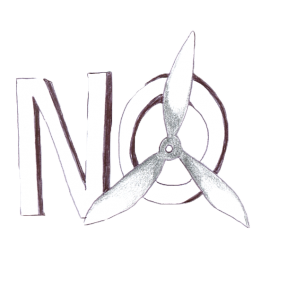
Morgan Kennedy, Staff Illustrator
Dan Putnam and Stephanie Swartz’ April 12 and April 19 op-eds challenging the ideas behind “Gone with the wind: hidden costs to ‘green’ projects” printed on April 5 first fail to acknowledge the main point of the article — the double standards so prevalent among environmentalists.
Second, Swartz is correct that wind power costs less than electricity produced by other forms of energy, but this is only true insofar as investments made in backup power-delivery systems are not counted. Wind is intermittent and, as such, gas-fired generators are often constructed to back up wind turbines. It has also been documented that because of “cycling” — the constant turning on and off of backup generators — wind does not yield the reduction in emissions and independence from other fuels we are often made aware of.
Third, environmentalists love the idea of fairness, yet it is clear that they have no interest in it when it comes to subsidies. A 2007 report by the Energy Information Administration illustrated that the wind sector received 93 times as much in federal subsidies as natural gas on a per-unit output basis, despite the fact that the natural gas sector produced 28 times more electricity than wind.
Fourth, the idea that turbine noise should not be a factor in weighing costs and benefits is unjustified. A 2010 documentary, “Windfall,” documents this problem and the growing backlash the wind industry is facing among rural residents, who are often victims of hasty wind development, mixed with a good deal of cronyism.
Above all, if wind is such a cost-effective alternative, as Putnam and Swartz suggest, why can’t it stand on its own merits in the marketplace? Why must taxpayers bear the burden of failing “green” energy firms? And what makes industrial wind so different from other energy sources that lead us to favor one over another even at the risk of severing consistency, as with the case of bird deaths?
Yuwono is a member of the class of 2014.

